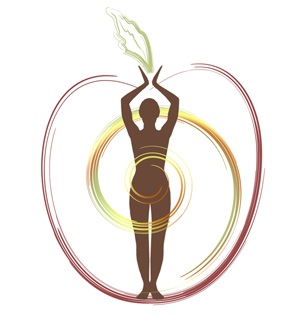9 natural UTI prevention tips
A urinary tract infection (UTI) or bladder infection occurs when harmful bacteria take up residence in the bladder or ureters (tubes that carry urine from the kidneys to the bladder where it is stored until emptied via the urethra). Urination is a natural process that flushes bacteria from the body.
Although infection can be caused by many things, women are at greater risk for UTIs than men. A shorter urethra and closer proximity to the anus, making them more likely to develop infection following sexual activity. Women who use a diaphragm, are pregnant, or have entered menopause seem to be more susceptible as well.
Other risk factors include diabetes, loose stools, extended periods of immobility, bowel and urine incontinence, surgery, having a catheter, advanced age, kidney stones, enlarged prostate, problems emptying the bladder, or anything blocking the flow of urine.
The most common symptoms include:
- Pain or burning when urinating
- Foul smelling urine
- Cloudy urine or traces of blood in urine
- Frequent urination or inability to hold small amounts of urine
- Weakness
- Excessive tiredness
- Back pain or pain below the rib cage
- Pain or pressure in the rectum (men)
- Pain or pressure near the pubic bone (women)
- Mental confusion, refusal to drink water, or loss of appetite (elderly)
- Nausea or vomiting
- Fever or bleeding, if the infection has moved into the kidneys or bloodstream
Image: lllu Urinary System by Arcadian is used here with permissions granted under the U.S. Public Domain (original works of the Federal Government)
Sadly, I've been down this road enough times with folks to know that the healing modality depends on the particular bacteria strain. A urine culture will reveal the strain of bacteria you are dealing with, and most doctors will tell you if a UTI can be managed without antibiotics. Something like ecoli (yes, you read that right) requires a remedy more powerful than what's discussed here. If you cannot take antibiotics or prefer not to, consult a qualified herbalist.
As for prevention or early first sign of UTIs, consider the following ...
- Practice good genital hygiene. Avoid unclean public toilets. Keep a squeeze (perineal) bottle with warm water by toilet and use to wash front and back after eliminating, and be sure to ALWAYS wipe front to back.
- Always practice safe sex, exercise caution during sexual activities, and bathe afterwards. Be sure to properly clean intrauterine devices (IUDs).
- Cranberries contain hippuric acid which create an acidic environment, making the urinary tract unattractive to bacteria, and helps to inhibit their growth. Use a pure cranberry juice or tablet. For recurring UTIs (aka RUTIs), select a high dosage cranberry tablet with a non-acidic vitamin C (I favor Ester-C with Cranberry by American Health).
- A probiotic designed to reach maximum effectiveness in the lower intestine. (I highly recommend Ultra Flora Plus by Metagenics).
- Drink LOTS of fresh water.
- Avoid cheeses, carbonated and caffeinated beverages, chocolate, alcohol, yeast, and cigarettes to inhibit bacterial growth.
- Increase garlic, tumeric, clove and other spices with antibacterial properties, prunes and plums (for their hip pubic acid), plus grains, corn, beans, lentils, walnuts, and peanuts for their acidic value.
- Mix equal parts of tea tree, frankincense, bergamot, and juniper essential oils with EVOO or fractionated coconut oil and massage over bladder. Can also diffuse the essential oils into the air.
- Eat foods high in Vitamin C. A list of the best choices can be found at World's Healthiest Foods.
Note: A bladder infection is a serious condition that left untreated or improperly treated can lead to severe complications, kidney damage, and even blood poisoning. Please consult a medical or naturopathic doctor if you suspect or develop an infection.
Image: Pyuria by Bobjgalindo is used here with permissions granted under the GNU Free Documentation License

